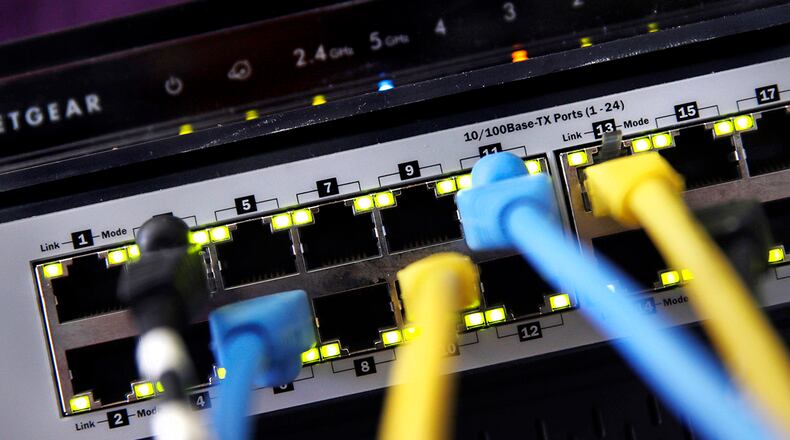Editor’s note: This story has been updated with comment from an attorney for the plaintiffs.
A federal appeals court panel on Tuesday threw out a $1 billion judgment against broadband provider Cox Communications in a copyright infringement case filed by major record labels that alleged the Atlanta-based company had failed to clamp down on users illegally downloading and sharing music.
A three-judge panel of the 4th U.S. Circuit Court of Appeals in Virginia found that the record companies did not prove Cox profited from the illegal activities of its customers, who allegedly violated the copyrights of more than 10,000 songs. As a result, the judges said the size of the judgment was not justified and ordered a new trial in a Virginia district court to settle the matter of damages.
The appellate judges upheld the original trial jury’s findings that Cox bore some responsibility for not safeguarding against illegal behavior by customers.
The original lawsuit, filed in July 2018, concerned copyright infringement claims mainly from a decade ago. The music industry had sent thousands of notices to internet service providers such as Cox about suspected music piracy by its customers.
Record companies ultimately filed several suits and won judgments, though substantially smaller than the initial Cox case, against internet providers, including Frontier Communications and Grande Communications.
At that time, record labels bet big on selling paid digital downloads and fighting piracy was key to protecting that business. Today, music streaming services rule the market for digital distribution.
In 2019, a jury in a Virginia federal court found in favor of Sony, Universal and other music publishers that claimed that Cox, one of the nation’s largest internet service providers, failed to adequately prevent its customers from illegally downloading and sharing music.
Cox defended its anti-piracy protocols at trial as well as its customer privacy protections and a spokesperson previously called the jury award “unwarranted, unjust and an egregious amount” as the company vowed to appeal.
In its ruling, the appeals court panel kept in place the jury’s finding that Cox was liable for contributory infringement, meaning that the broadband provider did not adequately safeguard against customers stealing copyrighted material.
“We are pleased that the court rightly rejected the verdict and set aside the damages award that was wildly out of step with established copyright law and awards in other copyright cases,” Cox Communications spokesman Todd Smith said. “At the same time, we disagree with the Court’s ruling on contributory infringement. Providing homes and businesses with the broadband service that so many depend on in their daily lives should not be a violation of copyright law. We are evaluating our further legal options for establishing that principle.”
In a statement, Matt Oppenheim, an attorney for the record companies, said the appeals court panel “affirmed the jury’s verdict that Cox is a willful infringer.”
“Now, a second jury will get to hear that same compelling evidence, and we fully expect it will render a significant verdict,” he said, referencing the newly ordered district court trial for damages.
Cox Communications is a subsidiary of Cox Enterprises, which is also the parent company of The Atlanta Journal-Constitution.
About the Author
Keep Reading
The Latest
Featured

